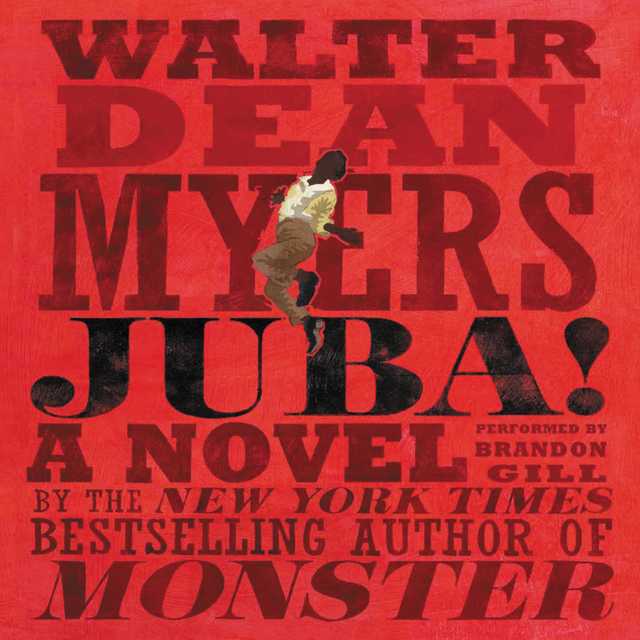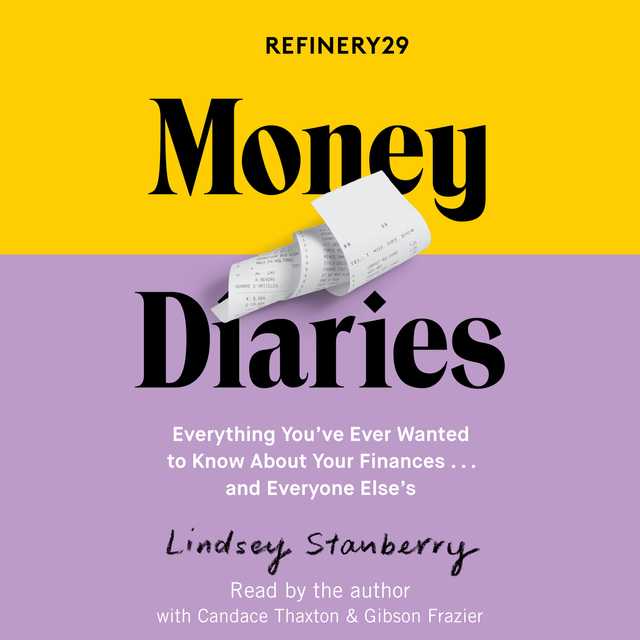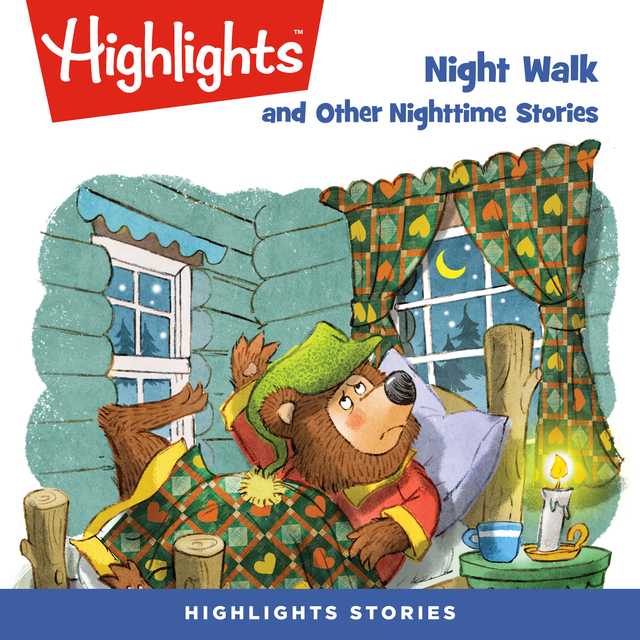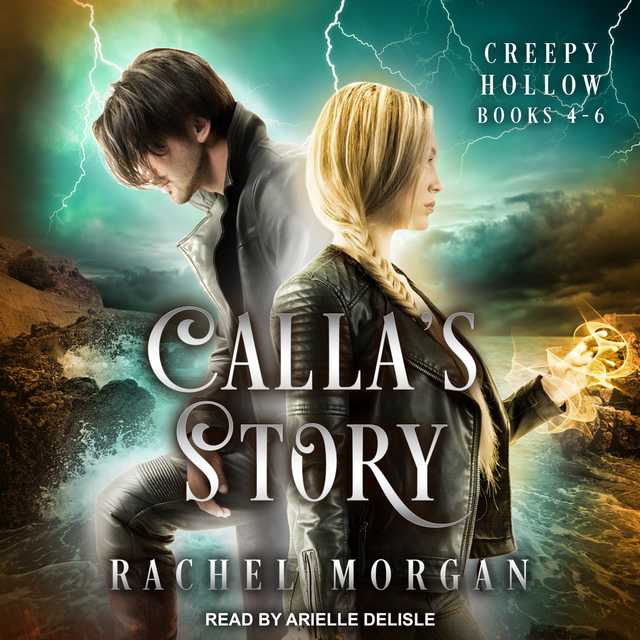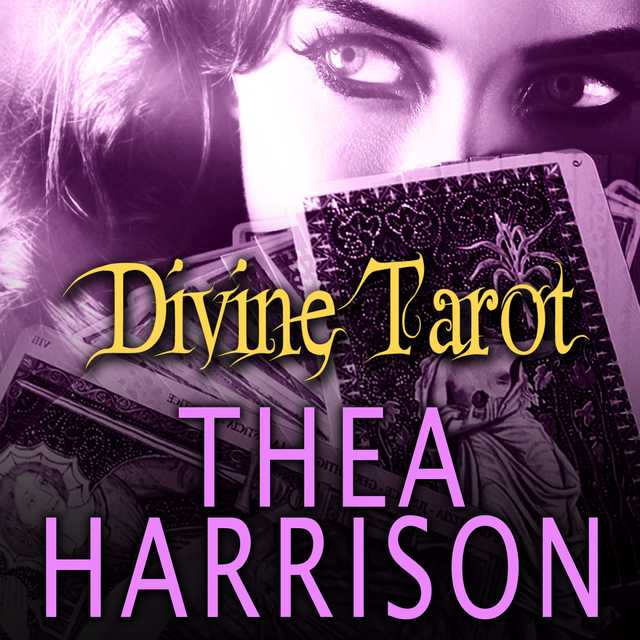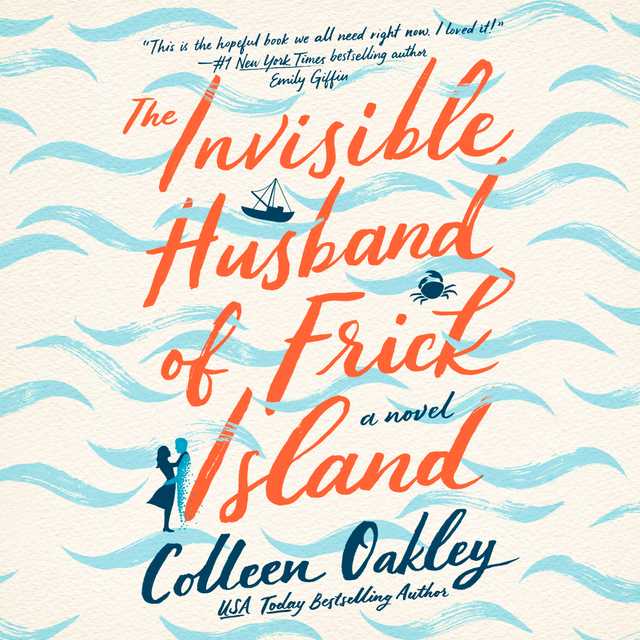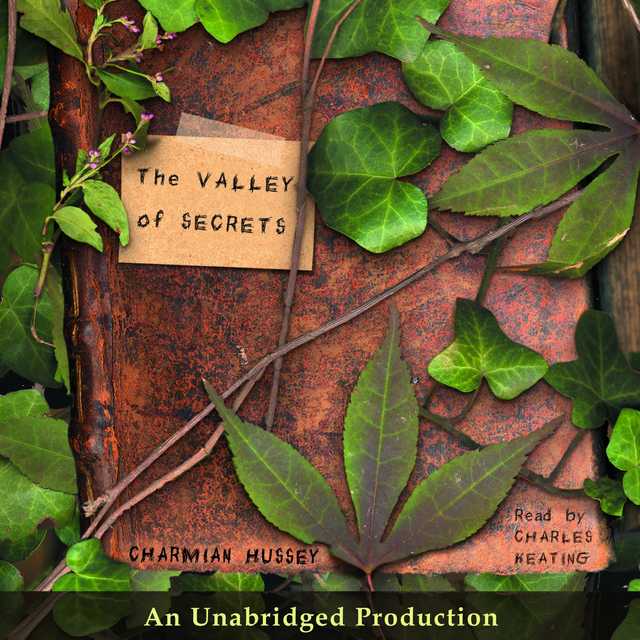Juba! Audiobook Summary
In New York Times bestselling author Walter Dean Myers’s last novel, he delivers a gripping story based on the life of a real dancer known as Master Juba, who lived in the nineteenth century.
This engaging historical novel is based on the true story of the meteoric rise of an immensely talented young black dancer, William Henry Lane, who influenced today’s tap, jazz, and step dancing. With meticulous and intensive research, Walter Dean Myers has brought to life Juba’s story.
Includes an afterword from Walter Dean Myers’s wife about the writing process of Juba!
Other Top Audiobooks
Juba! Audiobook Narrator
Brandon Gill is the narrator of Juba! audiobook that was written by Walter Dean Myers
Walter Dean Myers was the New York Times bestselling author of Monster, the winner of the first Michael L. Printz Award; a former National Ambassador for Young People’s Literature; and an inaugural NYC Literary Honoree. Myers received every single major award in the field of children’s literature. He was the author of two Newbery Honor Books and six Coretta Scott King Awardees. He was the recipient of the Margaret A. Edwards Award for lifetime achievement in writing for young adults, a three-time National Book Award Finalist, as well as the first-ever recipient of the Coretta Scott King-Virginia Hamilton Award for Lifetime Achievement.
About the Author(s) of Juba!
Walter Dean Myers is the author of Juba!
More From the Same
- Author : Walter Dean Myers
- Invasion
- Fallen Angels
- Slam!
- What They Found
- Riot
- Publisher : HarperCollins
- Coraline
- Little House on the Prairie
- Little House in the Big Woods
- On the Banks of Plum Creek
- Farmer Boy
Juba! Full Details
| Narrator | Brandon Gill |
| Length | 4 hours 25 minutes |
| Author | Walter Dean Myers |
| Category | |
| Publisher | HarperCollins |
| Release date | October 13, 2015 |
| ISBN | 9780062188304 |
Subjects
The publisher of the Juba! is HarperCollins. includes the following subjects: The BISAC Subject Code is Civil War Period (1850-1877), Historical, Juvenile Fiction, United States
Additional info
The publisher of the Juba! is HarperCollins. The imprint is HarperCollins. It is supplied by HarperCollins. The ISBN-13 is 9780062188304.
Global Availability
This book is only available in the United States.
Goodreads Reviews
Roberta
November 04, 2015
This is a wonderfully written and throughly researched hist fic book about William Henry Lane (Master Juba) who was a black dancer (credited to have influenced jazz and tap dance) and entertainer in 1850's NYC and London. And as much as it's about his career and life choices and struggles it's also about overcoming barriers and understanding a whole new world. It's a really fast read and so so enjoyable!!It's also Meyer's last book as he passed away in 2014.
Carol
February 25, 2016
Writing historical fiction is hard. You read shelves full of books, study documents, interview experts, ponder maps, photographs, and data. You work really hard to insert authentic details (what color dress would she have worn to the dance? What did he eat for lunch? What bus would she have taken to work?) and then plunge forward to create as authentic a character as possible.But when you're writing a story about a young man who lived over a hundred and fifty years ago to whom you want to pay tribute, but yet there is little "real" data, your task becomes even more difficult. You have a few bones to build your story around-- perhaps a death certificate and a few photographs. If you're lucky, maybe you'll find a few newspaper articles you can dig up to authenticate your story.Such was Walter Dean Myers challenge when he wrote Juba! (Harper Collins, 2015)This book for middle grade or young adult readers, is based on the true story of a talented young black dancer considered to be the inventor of tap dancing. While performing in New York City, he was noticed by Charles Dickens who wrote about him in American Notes:"Single shuffle, double shuffle, cut and cross-cut; snapping his fingers, rolling his eyes, turning in his knees, presenting the backs of his legs in front, spinning about on his toes and heels like nothing but the man's fingers on the tambourine; dancing with two left legs, two right legs, two wooden legs, two wire legs, two spring legs - all sorts of legs and no legs - what is this to him?" "And in what walk of life, or dance of life, does man ever get such stimulating applause as thunders about him, when, having danced his partner off her feet, and himself too, he finishes by leaping gloriously on the bar-counter, and calling for something to drink, with the chuckle of a million of counterfeit Jim Crows, in one inimitable sound!"Walter Dean Myers, in his last book before his death, told the story of William Henry Lane (Juba's real name) using just a few resources: Dickens' writings, a smattering of newspaper articles and images, and Juba's death certificate. Here are a few of my favorite quotes.Initially Juba seeks dance instruction from an Irish teacher named Margaret. (This particular passage reminded me of a comment my current dance partner--my husband's 85-year-old uncle--made. "When you see old people dancing, they're imagining themselves as teenagers.")"If you weren't so thickheaded, you'd know they [the audience] were watching you because they want to enjoy themselves, not marvel at you. You ever go to an Irish dance and see the young people swinging themselves around and kicking up their heels and the old people watching them? The old people are thinking back on a time when they were young and they could do the same thing the young people are doing. But you have to give them something they can do, if only on the floor between their ears, if you get my drift." (p. 44)The reader hears Juba's despondency and realism in the following line. He has just auditioned as a dancer and thinks he won't get the job. "My dancing didn't mean a thing. The only thing they see in a black man is a clown or a slave. "(p. 55)Juba finally gets a few gigs as a dancer but when Mr. Charles Dickens comes to New York and watches him, he dances as he never has before. This quote begins with Mr. Dickens speaking."...There's a freedom about the way you move that makes me wish I could dance. Have you ever had a difficult time in your life?" "At times, everything seems hard," I said. "I'm not sure what tomorrow is going to be like. I'm just hoping it's something good." "I imagined--and I know I'm talking too much--that you must have had some difficult times along the way. I think that's the mystery of greatness and of people who achieve wonderful things," Mr. Dickens said. "That somewhere in their lives they have felt the cold winds of despair, but have kept their hearts warm themselves." (p. 104)In order to make a small living Juba is forced to make compromises.Jack [his "fair minded" white landlord] knew how black people were treated in New York. We were second-class people every day and third-class performers when we tried to exercise our talents outside of the black community. What he did was to needle me so I wouldn't give up all together, and in a way, I appreciated it. In a way, I didn't, though, because sometimes he made me feel that when I accepted a job with a minstrel band or put on blackface I was betraying my people. To me, putting on blackface was the strangest thing in the world. I was born black, and yet the promoters wanted me to dress up like some kind of strange image of a black person that really wasn't a true Negro. It was as if a lot of white people had a place in their heads for black people and you had to fit in that place in a certain manner or they didn't want you. They wanted black performers to talk bad, say stupid things, and be like pets. Jack said a lot of white people were afraid of real black people. (pp. 123-4)Even after Juba was well received by Londoners who had read accounts of him by Charles Dickens, he still encounters this same prejudice from fellow performers. Huff [another performer] walked across the room and put his nose an inch from Gil's. "What I see with my own two eyes is that I'm not going to make no kind of steady living working for a nigger. And that's what I'm doing over here, working behind Boz's Juba or whatever it is he's calling himself. In America you make a living working with white men, and for white men. And I aim to go back to America, back to Mableton, Georgia and make a living. And if I want any coloreds around me, I'll buy a few!" (p. 157) Walter Dean Myers did an excellent job of bringing this forgotten, yet important, performer to life. Juba's life was full of sorrow, yet it also held love and accomplishment. I hope whoever wins my gently read ARC, will pass it along to a young person who can be encouraged by an inspirational story of a man who, despite many obstacles, followed his dreams.
Ernie
January 12, 2016
Myers was the multi-award winning writer of the classic YA novel Monster (1999) which, if you have not read it, you should right now. He is an African American who wrote about exploited youth and injustice and in Juba, his last novel, he turns from his contemporary American city characters to base his story on his historical research of an African American dancer, Juba, who became famous as “Boz's Juba” after Charles Dickens saw him perform in New York in 1852 when Dickens was so impressed that he wrote about him in his book American Notes. This fame allowed Juba to tour England where he performed before Dickens again at Saddlers Wells Theatre and married Sarah the English wardrobe mistress and settled in England.This is not only Myers showing his biographical skills but an integration of black lives in the desperately poor Five Points district of Lower Manhattan with the shared experience of the dance between blacks and Irish migrants, between Southern USA tap dancing (Mr Bojangles) clog dancing and traditional Irish dancing. There are very few novels about the dance and this is one that brilliantly represents what Yeats understood when he memorably wrote of that magic that sometimes enters the dancer's body as muscle memory takes over to provide an intense pleasure for both dancer and audience when “who can tell the dancer from the dance?”.The other story is Juba's struggle to survive in New York as a free born black youth, without parents, born two years before New York freed the slaves in 1827 but still in danger of being sold into slavery as one of his friends was when he performed on tour in Washington. His other struggle was to dance in his own tradition when “darkies” or his company, “The Ethiopian Serenaders” were expected to blacken their faces and “coon it up” for laughs in the Black and White Minstrel Show tradition because most whites could only imagine blacks as clowns or slaves.The other characters are all memorable, especially his Irish dancer neighbour, Miss Margaret Moran, Stubby the ambitious cook, Jack Bishop who hires the youths to push a handcart selling smoked oysters in the streets and Peter Williams a white man who runs a black dance club and a few street rackets. The stories move from the fire trap tenements to the streets, the clubs and the theatres. For a brief period Juba found fame and was paid almost like a white performer after years of living from hand to mouth. All dancers should read this book and it holds intense interest for all with Juba's unique story. Myers supplies a time line and research notes as well as facsimile copies of reviews and newspaper accounts for all those who might find this fictionalised history unbelievable.
gem
August 07, 2015
This is a book I would never have come across had I not been sent a copy by Harper360, and as soon as I received it I started reading as it sounded so different from anything I'd usually read.Based upon the life of William Henry Lane, "Juba" who was a black dancer in the mid 1800's, this story is fa
Emily
November 24, 2015
I feel somewhat sad that this was Myers' last offering - not to say that it's bad, I just wish he'd had time for one more contemporary read. This book, however, is poignant for more reasons than as Myers' last, however - and good for a younger reader as well, though the n* word is used, appropriately for the historical time period, a few times.
Kay
March 16, 2021
** spoiler alert ** I both appreciate and struggle with historical fiction. I feel underqualified to judge it. For real figures I generally prefer documentaries and nonfiction, but I can appreciate the desire to breath life into history by connecting the dots. And I do appreciate the shared research in photos, news clippings, and historical notes.Add onto that this one deals with the difficult topic of black performers in Minstrel shows. I do love the energy of Juba in the first half of the book. Generally through out I feel like Juba is a believable character, there are times I feel that he's a little simplified, particularly in his motivations and relationship with his wife. And they get to the night of his first big show without mentioning rehearsals before casually mentioning rehearsals...that felt tacked on. The author shied away from physical interaction between the two (I'm glad for the lack of sex scenes...but something beyond dialogue would have been nice), and just casually mentions them living together before marriage, which would have been scandalous in that era of London, even though the theatre was expected to break more social norms... If he was as worried about her reputation as suggested, he wouldn't have been living with her....and given that this portion of their relationship was invented, it felt a bit disrespectful and out of time period. Having a hasty marriage so they could live together would have felt more period.The ending is sad, but it's like the titanic sinking, can't really spin it into a happy one, not easily anyway. But I still fell like there were missed opportunities, so the 4 out of 5.**Note** It looks like this book was published posthumously, and I strongly suspect that's why it feels like it's missing something. Myers had enough to clean up and publish but didn't get the chance to go through all the drafts one might normally.
Lisa
May 11, 2021
I was really pleased with this book! I bought it because the cover made me smile & I was not disappointed. Master Juba is William Henry Lane’s nickname & he is a brilliant dancer. But, he’s a Black man. He lives in the free north but, as we are all well aware, opportunities for Black men were limited, even in the north.The story goes through his struggles with wanting to be a dancer, something he LOVES to do, but also wanting to make a living & be respected in his profession. He doesn’t want to be a minstrel dancer or “coon it up” as the white folks want him to. Interestingly, Charles Dickens sees Juba perform in NYC when Dickens is there in 1842 & speaks highly of the young dancer. He even mentions Juba in his travelogue, American Notes.🏴Juba ends up performing with a troupe out in London, falls in love with a white woman, & stays in England till his death.There were three things I really enjoyed about this book:1️⃣Juba’s positive attitude & the pure joy he felt when getting to perform & making the audience happy.2️⃣Certain parts of this book had me tapping my foot & bobbing my head to the beat. I could feel the music through the pages!3️⃣The historical bits. The book was well-researched & seeing things like old marketing posters & newspaper articles was really cool.
Tatyana
September 04, 2022
Not going to lie, I've had this on my shelf for a while and had very little interest in picking it up. I only did because I am doing the a-z title challenge in 2022 and I hadn't read anything with a J yet and this was the only thing I owned that fit the bill...All that to say, I LOVED it. new favorite. Getting this historically inspired slice of life of a free black dancer in the 1800's was just fascinating. Seeing some of the historical documents that inspired the story and learning a little bit about this real life man in this fictional story was really enjoyable and I really can help but hope that the real man had a bright light to him as the story version did. Surprisingly enjoyable considering the topic, and SUPER relatable in terms of the struggling artist. i loved it so much more than I would have ever imagined!
Rose
July 15, 2020
This is a great historical read for young readers. I would not call the prose the most intriguing, but the historical facts combined with contextualization would make this a great classroom read. Juba! covers the adult life of the innovative dancer William Henry Lane and his short-lived fame. The author includes interactions with other real historical figures including Charles Dickens and does a great job giving insight into life in the Five Points Neighborhood in the mid 1800s. I also like how the author includes the inner turmoil faced by black artists of the time who needed to "shuck and jive" to make money in front of white audiences. I think this would be a great read for kids ten and up and would open some interesting discussion.
Karen
March 12, 2021
Juba is a fictionalized historical account of the life of William Henry Lane, a free black teen living in the Five Points section of New York City while slavery still existed in the United States. Lane went by the stage name of Master Juba and scrambled to become a professional dancer, not simply a minstrel show performer. He became known as Boz's Juba after a chance encounter with Charles Dickens. Dickens wrote about Juba in his book American Notes and this led to Juba being offered a chance to tour and dance professionally in England. The author'fs widow Constance Myers provides an epilogue about the writing of the book. The book includes much primary source material -- photographs, copies of playbills, and reviews. Published posthumously.
Jalen
February 21, 2021
This is my second book by Myers , and he just always finds a way to engage me every time .Juba! is a touching story that shows how talents can help bring light to issues in our natural society . Myers finds a way again to tell a true story that readers need to here , and that grasps the audience's attention to themes of the book . The connection that Myers makes between race and art provides a book that vocalizes a dazzling story . I improve this book for readers that love to learn while reading , and search for a sense of satisfaction at the same time
Kathleen
June 28, 2017
I never knew what direction this book was going to go next! I listened to it on Playaway, and Brandon Gill's voice is a delight. A must-listen for people who love to dance! Juba's constant desire to do nothing but dance, and the frustrations at the roadblocks in his way, felt as real to me as if they were happening to a friend.
Carrie
January 25, 2021
A great piece of history.
Lizanne
July 20, 2017
YA, historical fiction, northern blacks in the time of slavery, racism, minstrel show, coming of age, based on a true story
Zach
February 25, 2017
Billed as the “final novel” from the now-deceased Walter Dean Myers, “Juba” is an engaging and important look at the racial stereotypes and practices of 1840s America, told via the real-life story of William Henry Lane…”Master Juba” when dancing on the stage.For a basic plot summary, this book is set in the 1840s and focuses on Juba, a young man who has an incredible skill for dancing. He could fill concert halls from top to bottom with his unique and frenetic dancing style that, even to this day, cannot quite be quantified. Juba is a black man, however, and that alone relegates him to the likes of minstrel shows, blackface routines, and being labeled a “general oddity”. As Juba himself notes on more than one occasion, it is strange for a man to be performing to applause in a country where he could be legally bought/sold as a slave. Juba wants to be taken seriously as a dance/performer, however, so with continued perseverance he travels the world trying to legitimize both his craft and, by extension, his race.Cutting right to the point, what makes this novel so insightful and interesting is that it delves into such controversial topics as minstrel shows and blackface. In hindsight, society as a whole is quite embarrassed by those proceedings, wondering how we could have stooped to such levels to mock one section of the population. As such, those topics are rarely talked about or examined due to the climate of anger/fear they produce.Luckily, Myers has no such qualms about “getting his hands dirty”, so to speak, and not shying away from the hard material. Time and time again in this story, Juba faces moral choices regarding the representation of his black race. Should he showcase himself in shows primarily crafted to mock black people? Should he perform for an owner who signs his paychecks but also dabbles in the slave trade? While the story of Juba’s dancing is passable and he meets some interesting people along the way, those deeper issues are what make this book a solid entry into the Myers pantheon.The only reason I won’t give this book the full five stars? There is a romantic angle between Juba and a supportive female figure that factors heavily into the final third of the novel but isn’t set up properly in the front two-thirds. To me, that failing took a bit of the starch out of the ending (as it seemed a bit out-of-place from the rest of the material).Other than that rather small criticism, however, Juba is a great read for both YA’s and adults alike. The story is simple and easy to digest, while the themes behind it will leave the reader thinking long and hard (and maybe even doing some ancillary research…I know I did) even after the final page is turned.
David
March 17, 2017
I picked up this book, having read several other of Myers books. Admittedly, I didn't read the synopsis, and I judged the book by its cover and dove in hoping for lighter fare, a break from heavy histories that have filled my recent reading diet. though this is far from light, Myer expertly tells the historical tale of a free black dancer reviewed and revered by Charles Dickens. Set in 1842, questions of race and worth that still beg answers 170 years later assault the reader as will live the sad story of Master Juba.
Most Popular Audiobooks
Frequently asked questions
Listening to audiobooks not only easy, it is also very convenient. You can listen to audiobooks on almost every device. From your laptop to your smart phone or even a smart speaker like Apple HomePod or even Alexa. Here’s how you can get started listening to audiobooks.
- 1. Download your favorite audiobook app such as Speechify.
- 2. Sign up for an account.
- 3. Browse the library for the best audiobooks and select the first one for free
- 4. Download the audiobook file to your device
- 5. Open the Speechify audiobook app and select the audiobook you want to listen to.
- 6. Adjust the playback speed and other settings to your preference.
- 7. Press play and enjoy!
While you can listen to the bestsellers on almost any device, and preferences may vary, generally smart phones are offer the most convenience factor. You could be working out, grocery shopping, or even watching your dog in the dog park on a Saturday morning.
However, most audiobook apps work across multiple devices so you can pick up that riveting new Stephen King book you started at the dog park, back on your laptop when you get back home.
Speechify is one of the best apps for audiobooks. The pricing structure is the most competitive in the market and the app is easy to use. It features the best sellers and award winning authors. Listen to your favorite books or discover new ones and listen to real voice actors read to you. Getting started is easy, the first book is free.
Research showcasing the brain health benefits of reading on a regular basis is wide-ranging and undeniable. However, research comparing the benefits of reading vs listening is much more sparse. According to professor of psychology and author Dr. Kristen Willeumier, though, there is good reason to believe that the reading experience provided by audiobooks offers many of the same brain benefits as reading a physical book.
Audiobooks are recordings of books that are read aloud by a professional voice actor. The recordings are typically available for purchase and download in digital formats such as MP3, WMA, or AAC. They can also be streamed from online services like Speechify, Audible, AppleBooks, or Spotify.
You simply download the app onto your smart phone, create your account, and in Speechify, you can choose your first book, from our vast library of best-sellers and classics, to read for free.
Audiobooks, like real books can add up over time. Here’s where you can listen to audiobooks for free. Speechify let’s you read your first best seller for free. Apart from that, we have a vast selection of free audiobooks that you can enjoy. Get the same rich experience no matter if the book was free or not.
It depends. Yes, there are free audiobooks and paid audiobooks. Speechify offers a blend of both!
It varies. The easiest way depends on a few things. The app and service you use, which device, and platform. Speechify is the easiest way to listen to audiobooks. Downloading the app is quick. It is not a large app and does not eat up space on your iPhone or Android device.
Listening to audiobooks on your smart phone, with Speechify, is the easiest way to listen to audiobooks.

